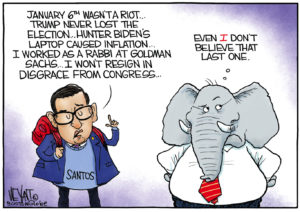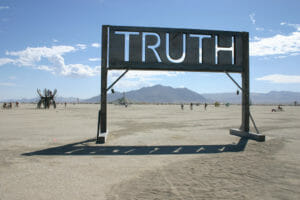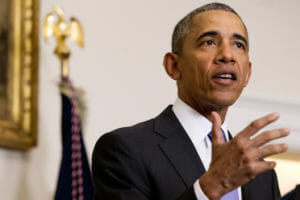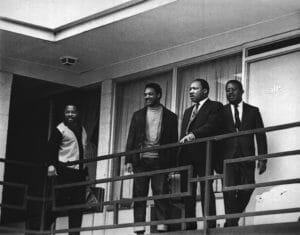Iraq Is Still a Failure
September, this golden month, promises to be god-awful. We have reached the presumed moment of a turning point on Iraq policy and so the White House wishes to turn back the clock.WASHINGTON — September, this golden month, promises to be god-awful. We have reached the presumed moment of a turning point on Iraq policy and so the White House wishes to turn back the clock.
It dials back to 2002, 2003 and to the 2004 presidential campaign. It returns us to a time of relentless rhetoric depicting those who oppose the Iraq misadventure as unpatriotic or unsupportive of the troops or, in the president’s latest iteration, unprincipled politicians. The decisions about what to do now in Iraq should not be driven by a “nervous reaction by Washington politicians to poll results in the media,” President Bush says. He instead wants the decisions to be driven by a nervous reaction by politicians to his Labor Day publicity stunt in Iraq’s Anbar province.
During the taxpayer-funded photo-op, Bush’s picture was taken with cheering Marines and the president gave glowing accounts of improved security. But he could not venture beyond the heavily fortified base.
Dueling reports on Iraq, and differing interpretations of them, are to be the backdrop for bitter contention. The guidepost for which of these to believe is this: The greater the distance its authors are from the Bush White House, the more believable the assessment.
A credible account came on Tuesday when the Government Accountability Office said that the Iraqi government had met only three of the 18 “benchmarks” it was supposed to have achieved by now. These “benchmarks” did not originate with the Democratic Congress, nor in the sterile safety of a think tank. They were created by the White House itself — promoted as the very reason for the so-called military “surge.” The increased U.S. military presence was supposed to give Iraqi politicians the breathing room they needed to make the political compromises that would allow the country to save itself from fratricidal disintegration.
Those political benchmarks that have been met — one of eight legislative tasks has been completed, the GAO says — are remarkable in their insignificance. The single legislative achievement thus far is that the rights of minority political parties in Iraq’s legislature are respected. Not the rights of minorities in the country. Just in the legislature. None of the hard political work — say, coming up with a way to share the country’s oil wealth or disarm militias — has been done.
On the security front, where the president and some in the military insist that the American “surge” is working, the GAO differs. Only two of nine security benchmarks have been met, it says. Some others, such as the training of brigades of Iraqi troops, are works in progress. Still, the report notes: “The government has not eliminated militia control of local security, eliminated political intervention in military operations, ensured even-handed enforcement of the law, increased army units capable of independent operations or ensured that political authorities made no false accusations against security forces.”
David Walker, the comptroller general and head of the GAO, is the sort of nonpartisan wonk who used to hold sway in Washington, back when demonstrable facts were respected more than delusional spin. He testified before the Senate Foreign Relations Committee on Tuesday and was asked, inevitably, about the purported progress in Anbar province.
“No question there’s been progress in Anbar province,” Walker said. “But Anbar province is not Baghdad,” nor, he went on, is it any other part of Iraq. Even if American troops succeed in pacifying neighborhoods and eventually turning them over to Iraqi security forces, Walker said, “I think there is a serious question as to whether they, on their own, will be able to hold these neighborhoods.”
A nation without a functioning central government, where basic public services aren’t delivered, where militias with allegiance to tribes and sects often control security, where corruption and malfeasance in provincial governments are rampant and where thousands of people, notably the most educated and affluent, are fleeing, can no longer be considered a nation struggling to its feet. It can’t even be considered a country sundered by civil war.
Iraq is a failed state. It is the geopolitical nightmare the American occupation was supposed to prevent. A politician so blindly loyal to the Bush White House that he or she cannot see this reality must be asked a single question, until it is finally answered. Walker posed it as well as anyone: “If we’re going to stay … what are we going to do?”
Marie Cocco’s e-mail address is mariecocco(at)washpost.com.
© 2007, Washington Post Writers Group
Your support matters…Independent journalism is under threat and overshadowed by heavily funded mainstream media.
You can help level the playing field. Become a member.
Your tax-deductible contribution keeps us digging beneath the headlines to give you thought-provoking, investigative reporting and analysis that unearths what's really happening- without compromise.
Give today to support our courageous, independent journalists.





You need to be a supporter to comment.
There are currently no responses to this article.
Be the first to respond.